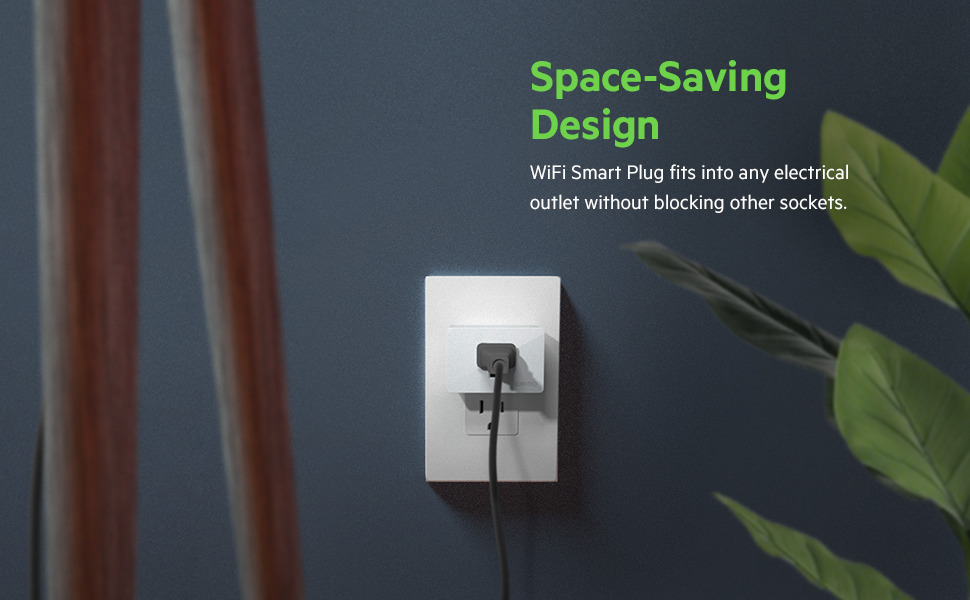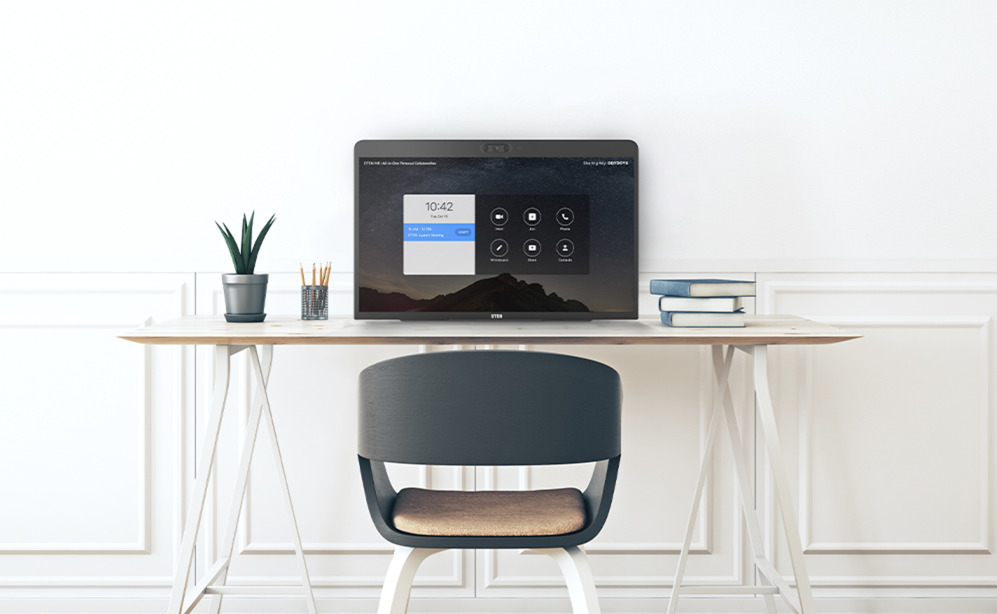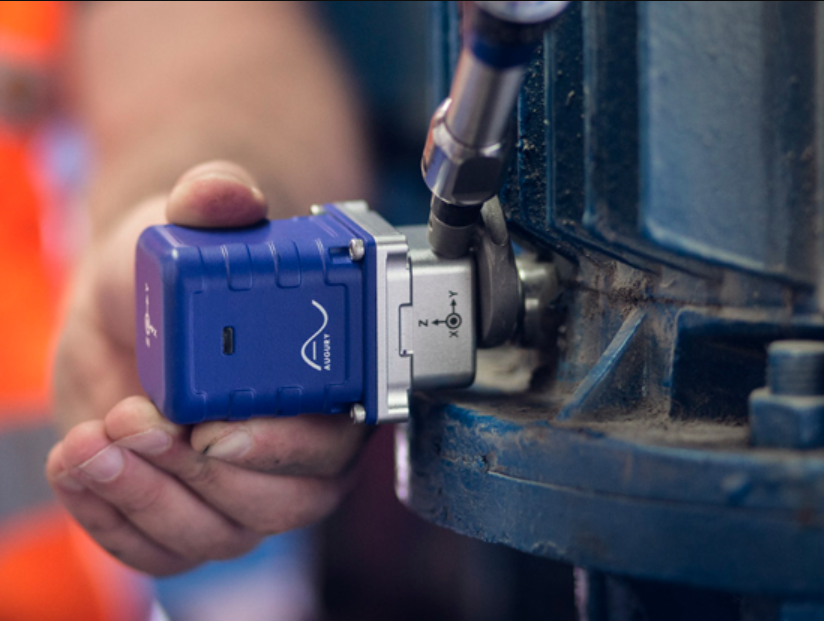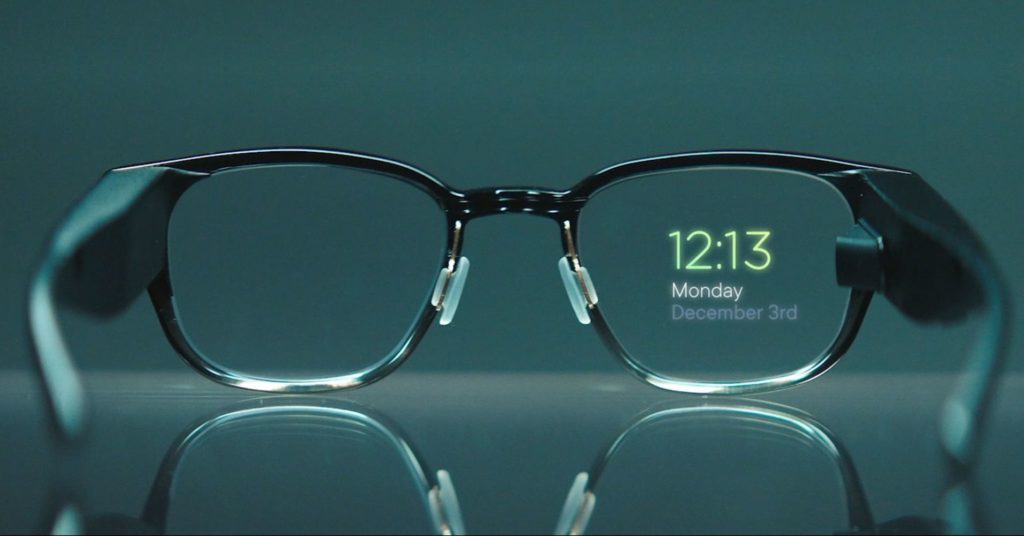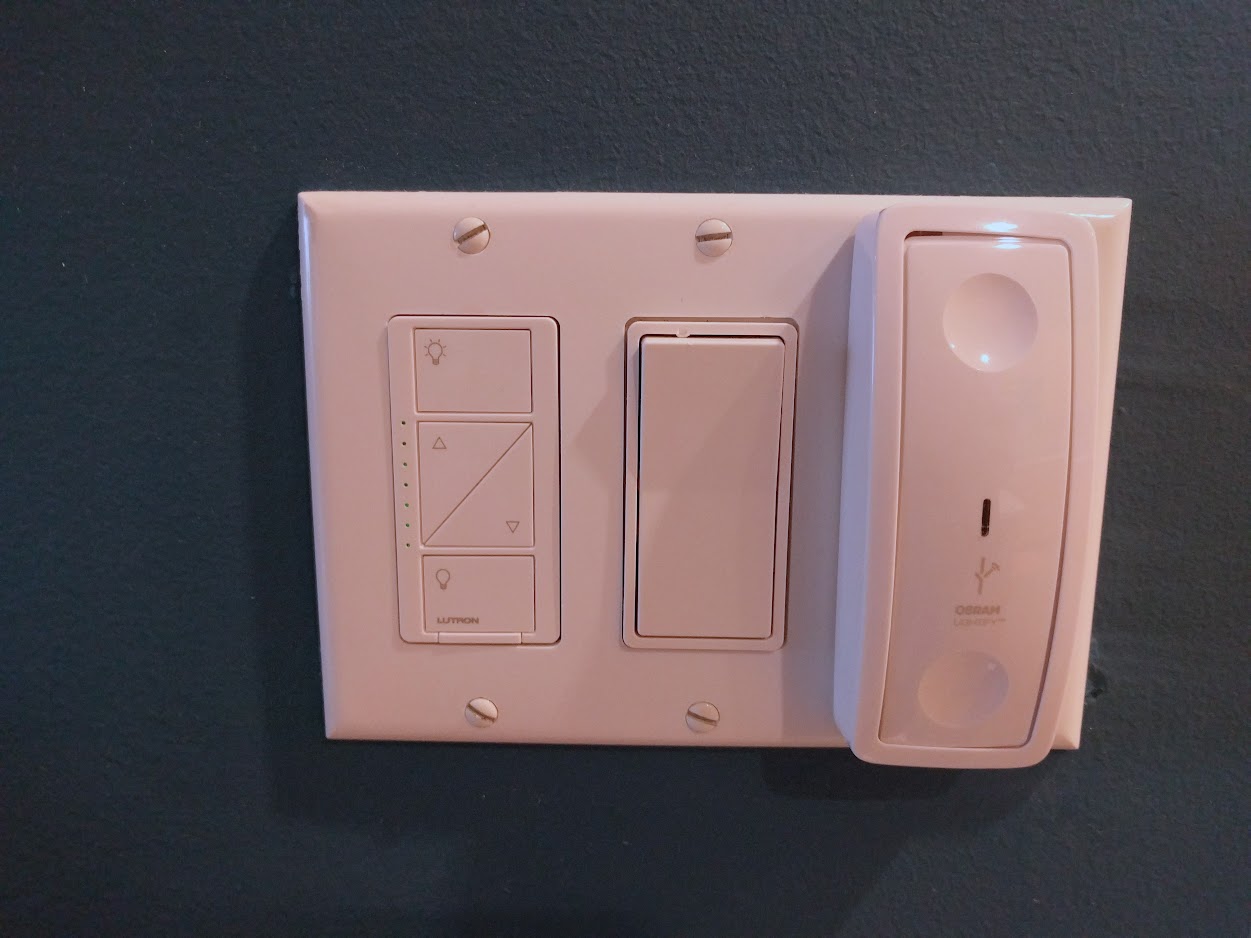This week Kevin and I start the show with our thoughts on CES going digital, and then turn to subscriptions for smart products, specifically tied to the news that the Mellow sous vide is now charging for functionality that had been free. We then move on to pandemic-era fundings for Density, Withings, and connected fitness company Tempo. Rite-Aid face recognition, a new Alexa app (yay!) challenges for Google/Nest, and HomeKit support for Arlo’s cameras round out our newsy segments. We then showcase a new product for securing the smart home called Hedgehog, and Kevin shares his review of the Wyze Outdoor Cam. We close by answering a listener question about Gosund products.
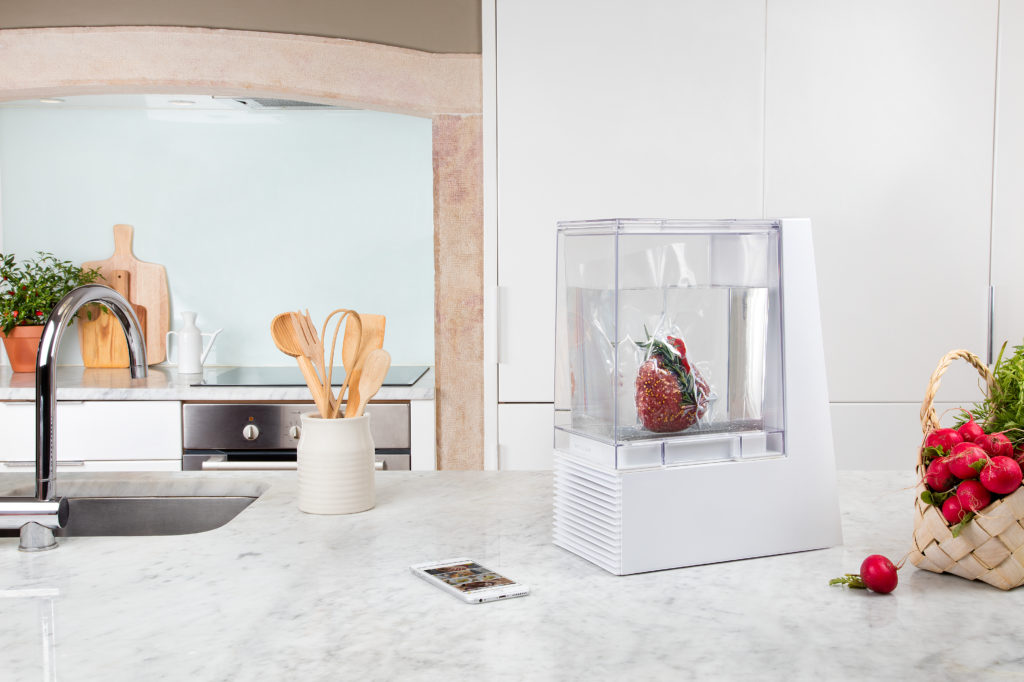
This week’s guest is John Ouseph, executive director of embedded software in the smart home solutions group at GE Appliances. He came on the show to discuss UL’s new IoT security framework and why GE Appliances chose to use it. We also talk about security challenges facing connected appliances, how to manage long-lived connected assets in the home, and why it will get more and more difficult to buy non-connected devices. I walked away more confident that major brands are really taking security seriously. Hopefully, you will too.
Hosts: Stacey Higginbotham and Kevin Tofel
Guest: John Ouseph, executive director of embedded software in the smart home solutions group at GE Appliances
Sponsor: Very
- Struggling hardware companies have three options to manage surprise IoT costs
- These startups are raking in the cash during the pandemic
- Kevin likes the new Wyze Outdoor Cam but had one tiny glitch
- GE Appliances was serious about security but needed a way to tell consumers
- How GE thinks about security by design and risk models for your fridge
